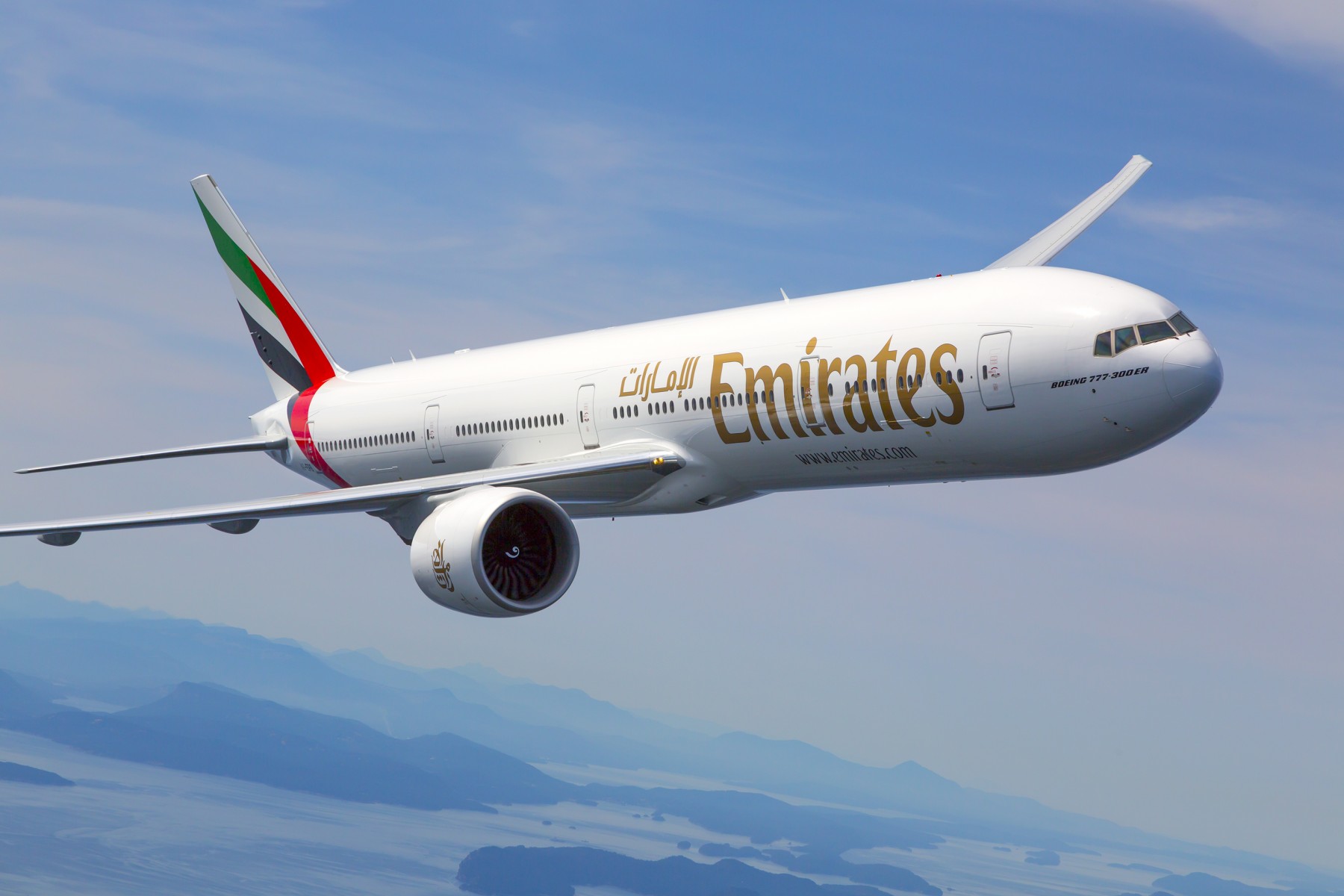The home countries of the foreign carriers whose $600 million got trapped in Nigeria’s Central Bank are said not to be comfortable with the carefree attitude so far displayed by the Nigerian government.
Some of the foreign countries who are said to be monitoring the situation between now and December, the period many of the airlines gave the Nigerian government to pay the accumulated funds or watch them pull out of the country, may take up the issue directly with Nigeria.
The final intervention of the foreign countries has been attributed to the fact that the failure of the CBN to release the trapped funds for the airlines to repatriate to their home countries contravened the agreement signed between them and Nigeria as stipulated in the existing Bilateral Air Service Agreements (BASAs).
This is just as the seeming silence of the various local bankers of the foreign airlines in Nigeria has been attributed to the fact that it is only the CBN, the country’s apex banking body that is empowered to do this.
According to one of the airlines’ managers in Nigeria who spoke under anonymity because he said he has not been authorized to speak on the issue, “the issue of the local banks is primary in this issue since they can not dictate for their clients. All interactions should be with the CBN as other banks cannot do much. Local banks are insignificant”.
When Tribune Online inquired from the International Air Transport Association (IATA), the clearing house for over 300 airlines worldwide if they have reached out to the local bankers of the foreign carriers in Nigeria as a way of helping the airlines to access and repatriate their funds out of the country, the international body declared: “As the industry leader and representative body, IATA engages with the government authorities on matters of common interest to its member airlines. In this instance, IATA has been in regular contact and appealed to Nigeria’s Federal Government and the Central Bank to release foreign airlines’ revenues generated in Nigeria.”
A source at one of the banks said it would be a breach of client confidentiality if a local bank engaged with a third party on matters relating to one of its account holders.
While he said the airlines themselves must have been in touch with their local banks, the source, therefore, explained that an international body like IATA cannot intercede with individual banks on the relationships the local banks have with their individual airline clients.
In his own comment, the managing director of Centurion Aviation Security, retired Group Captain John Ojikutu, though agreed that the local banks could not approach the CBN directly for forex transfers, declared: “The airlines’ bankers are the sole agents of forex transactions, not the CBN same way individual requests for BTA. Yes, there may be a shortage of forex at the domiciliary bank and even at the CBN but the call must come from the domiciliary banks to the account holder and not the CBN.
“The airlines can not approach the CBN directly for forex transfers so I think. Don’t trust most of these banks when it comes to issues about forex because they benefit from the dues of their customers. They rather would give forex in their custody to those that have no CBN considerations. However, in all these, where are the forex earnings in commercial aviation from all the Nigerian operations? If the CBN is in short of forex for aviation, it should start from there.”
ALSO READ FROM NIGERIAN TRIBUNE






